When selecting a door closer, one of the most fundamental decisions is choosing between pneumatic and hydraulic systems. While both are designed to control the opening and closing of doors, especially in commercial, residential, and hospitality environments, their mechanisms, advantages, and ideal applications differ significantly.
Understanding the distinctions between pneumatic and hydraulic door closers can help facility managers, homeowners, architects, and contractors make informed choices for optimal safety, performance, and durability. Whether you’re outfitting a hotel door closer, installing a system in an apartment complex, or looking for customizable door closer solutions for industrial use, this guide will provide clarity.
1. What is a Pneumatic Door Closer?
A pneumatic door closer operates using air pressure. Typically, these closers consist of a metal cylinder containing a piston and spring, with air controlling the speed of the door’s movement. As the door closes, air is pushed through adjustable valves, slowing the closing action and preventing slamming.
Key Features:
● Air-Controlled Speed: Closing speed can be adjusted by releasing or restricting airflow.
● Simple Mechanism: Fewer internal components, resulting in easier installation and maintenance.
● Limited Force Tolerance: More suitable for lightweight doors and low-traffic areas.
Ideal Applications:
● Residential areas
● Garden or storm doors
● Internal apartment entrances
● Lightweight aluminum doors
For example, a residential area door closer often benefits from a pneumatic mechanism, offering sufficient control without the need for heavy-duty durability.
2. What is a Hydraulic Door Closer?
A hydraulic door closer uses oil to control door movement. These systems are typically sealed and allow precise regulation of both closing and latching speeds. Hydraulic closers are often used in commercial or high-traffic environments due to their superior strength and performance.
Key Features:
● Fluid-Based Control: Offers smoother and more consistent motion than pneumatic systems.
● Greater Force Management: Can handle heavy doors and frequent use.
● Advanced Adjustability: Fine-tune multiple settings for custom operation.
● Durability: Longer service life in demanding conditions.
Ideal Applications:
● Office buildings
● Hotels
● Industrial facilities
A hotel door closer, for instance, benefits from hydraulic operation for quiet, smooth closing that supports guest comfort and safety.
Comparison: Pneumatic vs. Hydraulic Door Closer
| Feature | Pneumatic Door Closer | Hydraulic Door Closer |
| Mechanism | Air pressure | Oil-filled chamber |
| Cost | More affordable | Higher cost |
| Installation | Simple | Requires more precision |
| Durability | Moderate (for low traffic) | High (for heavy use) |
| Maintenance | Low to moderate | Low, if sealed properly |
| Best Use Cases | Homes, light doors, storm doors | Commercial buildings, hotels, apartments |
If you're deciding between an aluminum alloy door closer that might be used on lightweight storm doors or a heavy-duty hydraulic closer for a busy lobby door, your selection will hinge on traffic level and door weight.
Choosing the Right Type Based on Application
Residential Area Door Closer: In residential settings, doors are often lighter and used less frequently. Pneumatic closers are generally sufficient. However, in high-end homes or shared spaces like apartment building entrances, hydraulic door closers offer additional strength and reliability.
Hotel Door Closer: Hotels experience high guest turnover and require robust systems that operate quietly and smoothly. Hydraulic door closers provide the durability and control needed for lobby doors, guest rooms, and service entrances.
Apartment Door Closer: Apartment complexes often involve multiple doors shared by many residents. Entrances, emergency exits, and hallway doors should utilize hydraulic door closers to ensure consistent closing, fire safety compliance, and security.
Other Key Factors to Consider
Material Compatibility: Choose a closer that complements the door material. For instance, an aluminum alloy door closer is ideal for aluminum-framed doors, often found in modern apartment buildings and commercial facilities.
Adjustability: Look for door closers with adjustable closing and latching speeds, especially if you're managing several door types in a building. This feature is more common in hydraulic models and is important for achieving customizable door closer solutions.
Fire Rating and Accessibility: Hydraulic closers often meet fire code regulations. This is essential in public buildings like hotels and multi-family apartments.
When to Opt for Customizable Solutions?
If you're managing multiple facilities or buildings with varying requirements—such as a hotel with conference rooms, staff-only areas, and guest corridors—you may need customizable door closer solutions. These can include:
● Adjustable arms and spring tension
● Finish options to match architectural styles
● Hold-open or delayed action features
● Compatibility with access control systems
Choosing a door closer manufacturer that offers a range of apartment door closers or hotel door closer options with customization can ensure long-term functionality and consistency across your properties.
At Sunda Hardware, we specialize in providing high-quality, customizable door closer solutions for a wide range of commercial and residential applications. Our extensive product line includes advanced options suitable for various settings, from bustling hotel door closers to reliable residential area door closers; all your needs are covered.
Sunda Hold-open Aluminum Alloy Door Closer
Conclusion
Both pneumatic and hydraulic door closers have their place depending on your specific needs. For light, low-traffic environments, pneumatic systems offer a cost-effective and simple solution. In contrast, hydraulic door closers provide the durability, adjustability, and compliance needed for commercial and high-traffic applications.
If you’re equipping an aluminum alloy door closer on a patio door or selecting a hotel door closer for guestroom entrances, be sure to evaluate:
● Door weight and material
● Traffic volume
● Fire and accessibility requirements
● Environmental exposure (indoor vs. outdoor)
By making the right choice and considering long-term performance, safety, and compliance, you'll avoid frequent replacements and ensure user satisfaction.
Choose Sunda Hardware for your door closer needs and experience the perfect blend of functionality, durability, and style. Contact us today to discuss your custom door hardware requirements and discover how our door closer can enhance your projects.

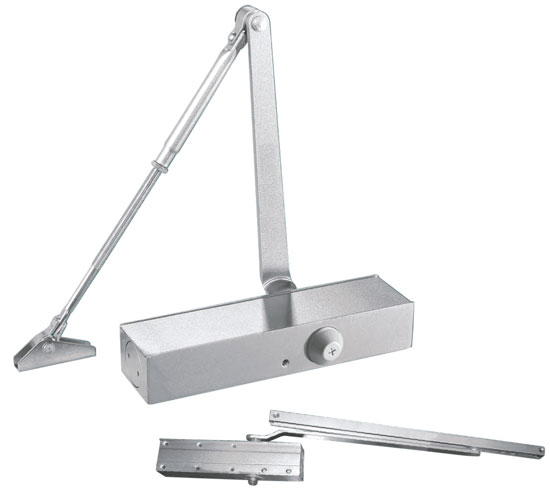
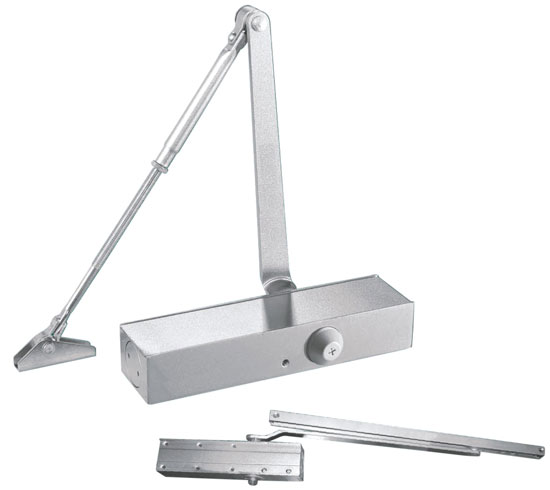
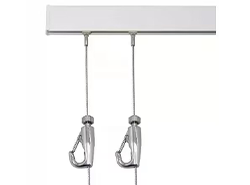
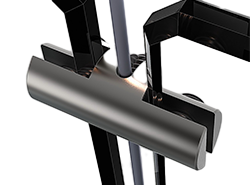
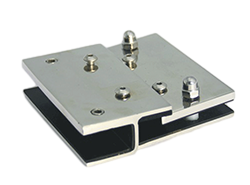
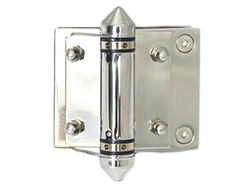
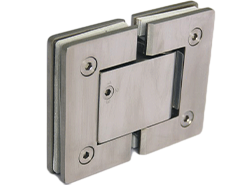
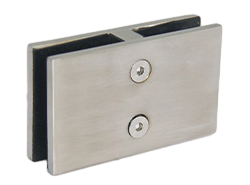
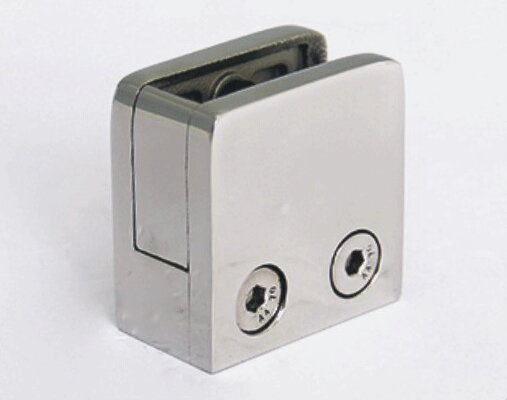
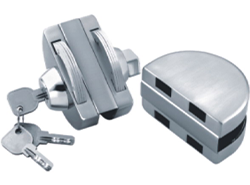
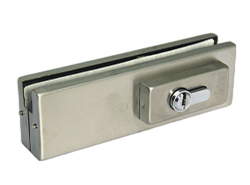
_31221.png)